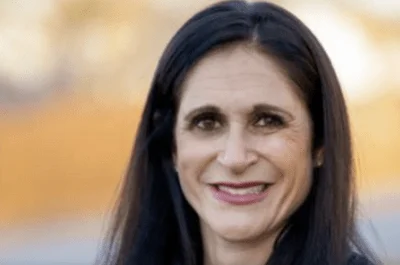Chris Bos | Contributed photo
Chris Bos | Contributed photo
Republican state House candidate Chris Bos argues Gov. J.B. Pritzker’s actions speak louder than words.
“He knows people aren’t really into this progressive tax idea and the more they learn about it the less they seem to like it,” Bos told the Lake County Gazette. “That’s why he’s spending this ridiculous amount of money to try and sway people with gimmicks and rhetoric. It’s really sad; because putting this kind of money behind programs this state really needs right now could be a game-changer.”
According to the Chicago Tribune, Pritzker recently contributed $51.5 million to a ballot initiative committee working to sell the progressive tax proposal he’s been pushing since his days as a candidate. Vote Yes to Fairness, a committee headed by the governor’s former deputy campaign manager, recently received the funds and is already at work selling legislation that would convert the current flat tax to a progressive tax system.
In addition to being the only individual to contribute more than $250, Pritzker’s latest gift comes on a top of an earlier donation of $5 million.
“This proposal is just a way for the governor to be able to set the table to do anything he wants in the future when it comes to taxes,” added Bos, who is running against incumbent Rep. Mary Edly-Allen (D-Libertyville) in the 51st District. “It would be like giving Democrats a blank check to use at their discretion.”
Through it all, the governor has sought to sell the tax as a change that will only mean higher rates for the state’s most affluent residents. Voters will finally have their say in November’s general election, where approval from 60% of those who vote on the issue or a majority of those who vote in the election overall is needed for passage.
Bos already knows where he stands.
“It’s scary and not what our state needs right now,” he said. “We’ve been down this road before with the 2017 tax increase where we were told the tax would solve all of our problems and give the state financial stability. You look now and we’re still where we were. That’s because we have a spending problem and not a tax one.”






 Alerts Sign-up
Alerts Sign-up